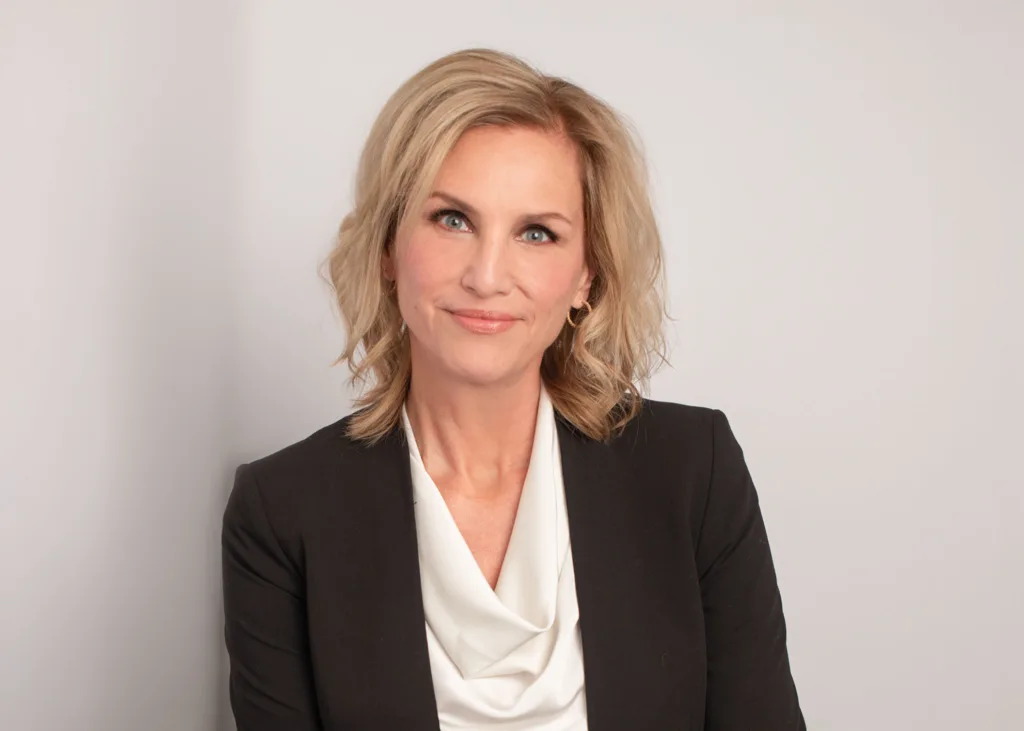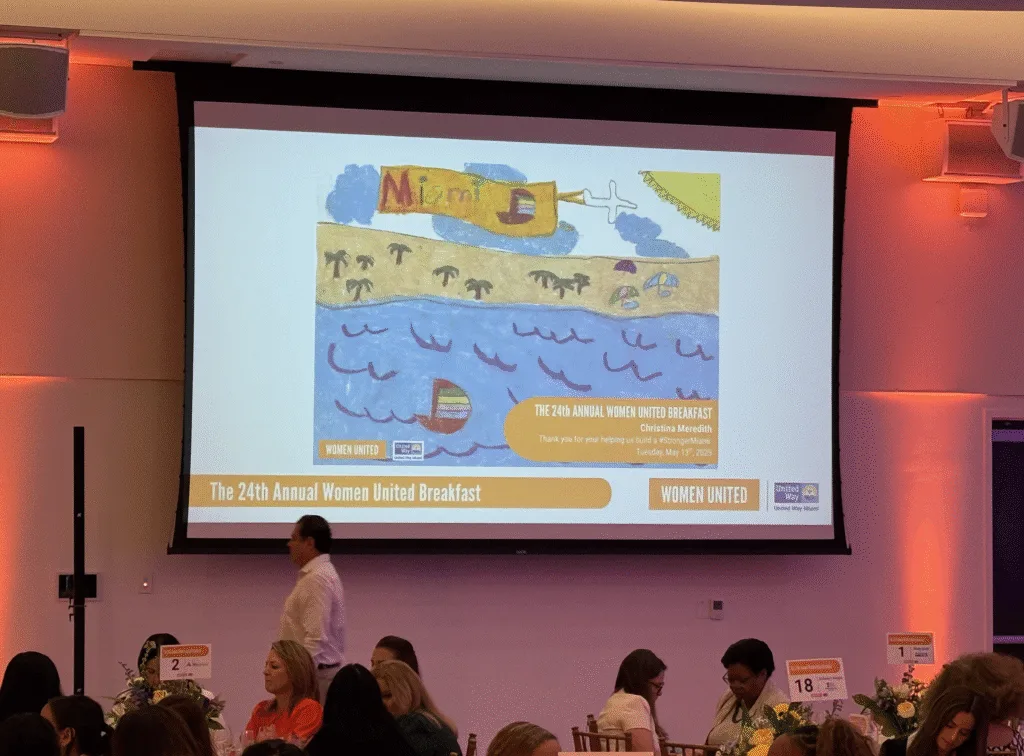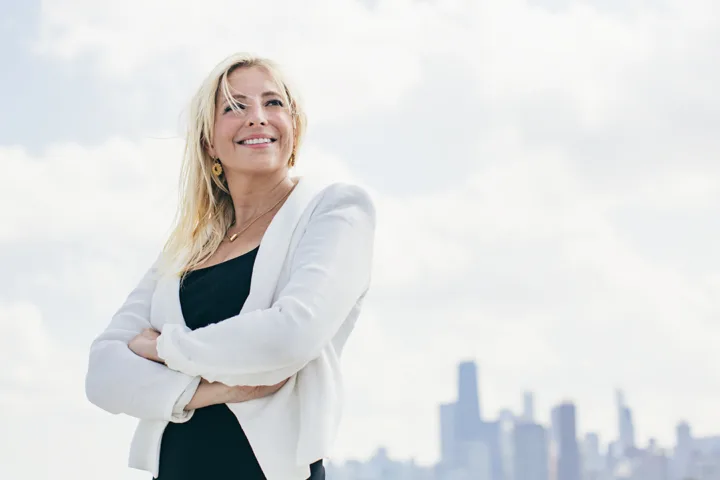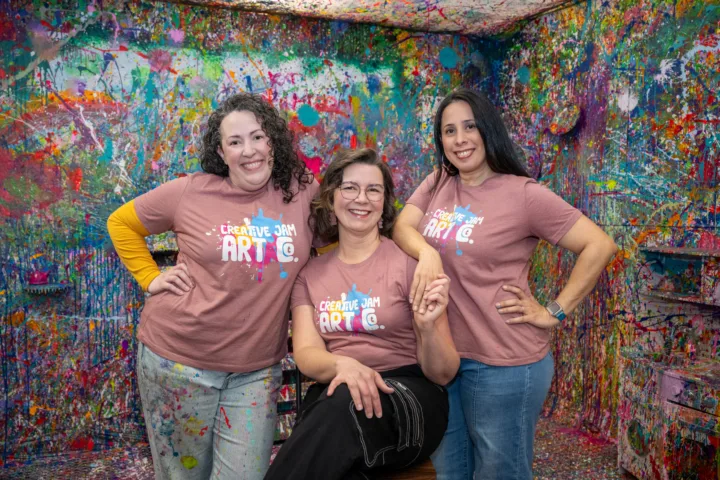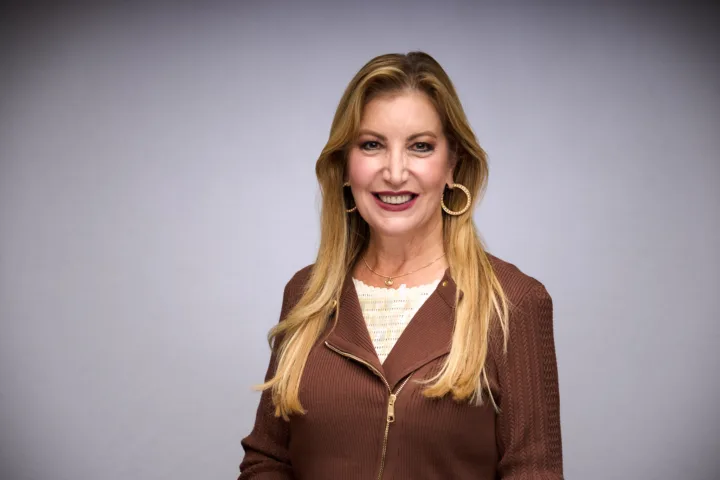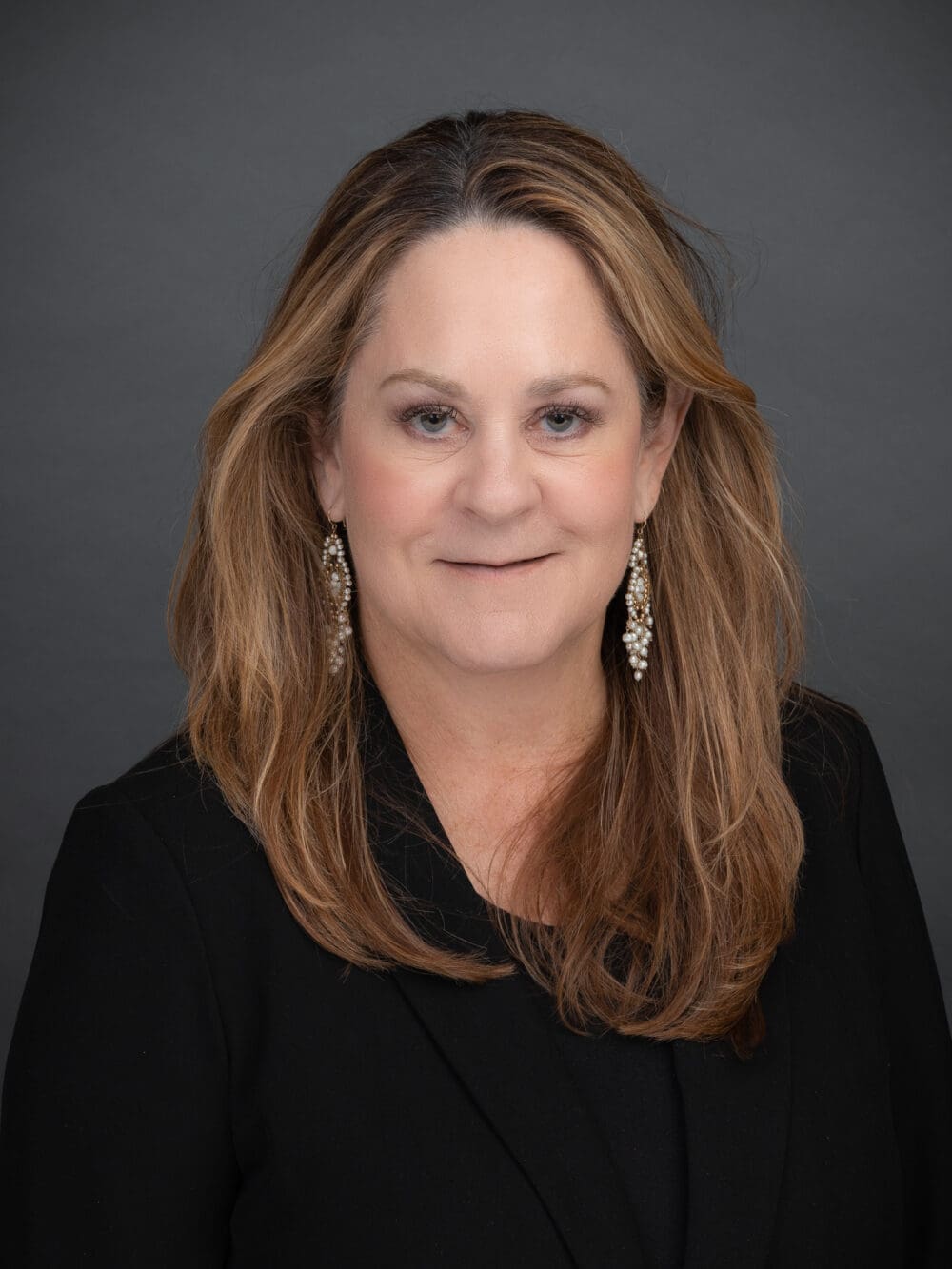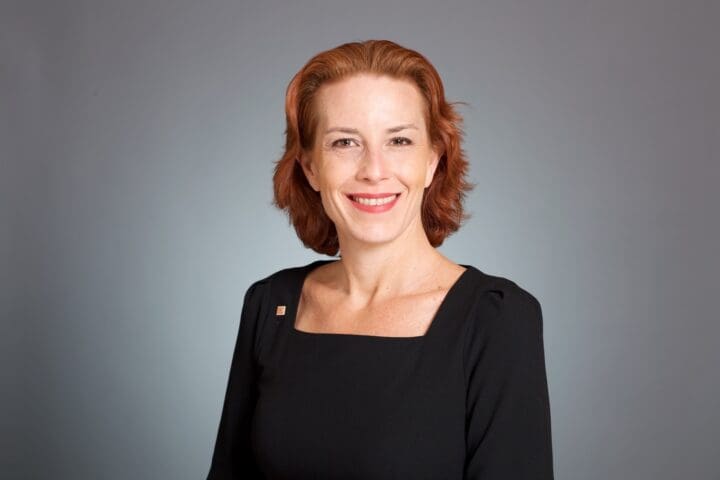After losing her only son to addiction and enduring a toxic leader who failed to acknowledge her pain, Jennifer Johnson turned grief into grit. As the founder and CEO of PVI, a women-led biotech consulting firm, she is proving that empathy, excellence, and purpose can, and must, coexist in the highest levels of business.
There are stories you read. And then there are stories you feel in your bones. When I first met Jennifer Johnson, I knew I was not just speaking with a CEO, I was standing in the presence of a woman who had walked through fire and somehow came out brighter. Her strength does not shout. It radiates. Her words do not just explain, they reach into your chest and stay with you. Because what she has lived through would have broken most people.
Jennifer lost her mother after years of being her primary caregiver. She lost her only son, Steven, to addiction after an exhausting battle filled with relapses, fear, and impossible decisions. She lost confidence in her business partner, who proved untrustworthy and unreliable and who treated her like a machine, not a mother, and not a human being. And somehow, she kept going.
But Jennifer did more than survive. She transformed. She took her grief and turned it into purpose. She walked away from an incredibly successful 20-year career where she was overworked, unseen, and deeply undervalued, where her efforts were invisible and her voice ignored, and built something entirely her own that finally reflected her true worth. PVI, a woman-owned, women-led professional services firm in biotech that leads with empathy, excellence, and truth. She is building a company where people feel seen, valued, and supported, because she knows what it feels like when no one shows up.
Jennifer Johnson is a Superwoman. Not because she pretends to be invincible, but because she is radically real. She talks about grief, addiction, trauma, and leadership with the kind of honesty that only comes from living it all. She lifts weights to reclaim her body. She lifts her team to reclaim what work should feel like. She has lifted herself, again and again, because standing still was never an option.
✿ Thank you for reading!
Subscribe to be our bestie, no spam—just good vibes once a month.
This interview is not just about business. It is about rebuilding your life brick by brick. It is about finding your voice when the world goes silent. It is about being a woman who rises, not because she was handed power, but because she created it.
It is my deepest honor to share Jennifer’s story with you.
“You Cannot Love Them to Death”: Jennifer Johnson on Grief, Addiction, and Leading Strong in Biotech
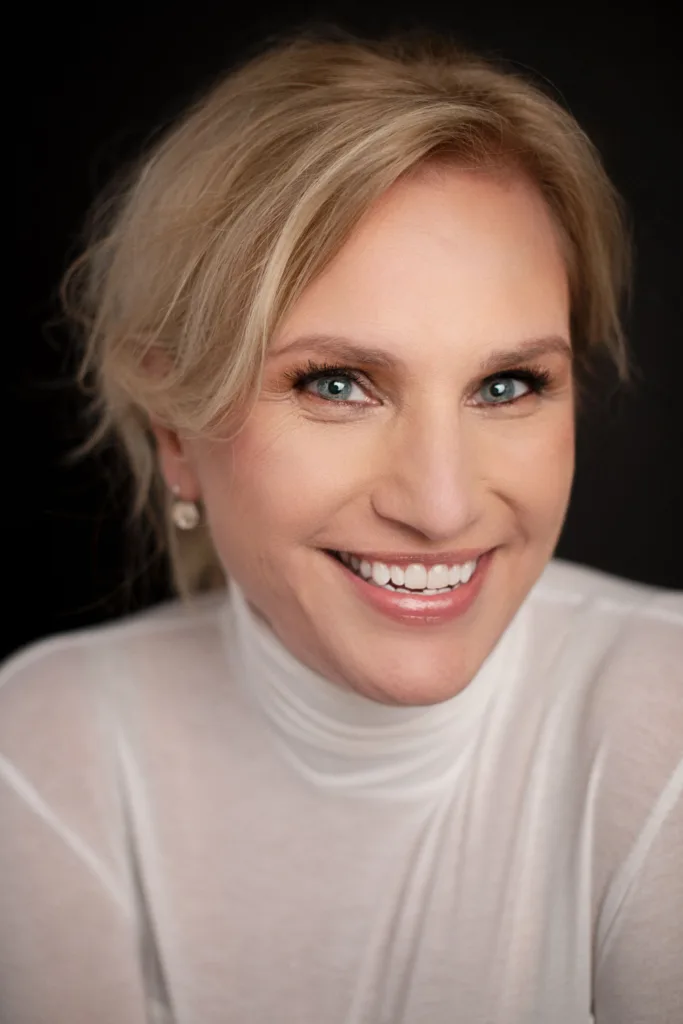
When you reflect on your journey, what still feels most raw or sacred to your heart?
Certainly, the loss of my son. That grief is unlike anything else. It shifted how I saw everything, my work, my time, my purpose. I had spent nearly 20 years in one role, devoted to clients and an incredible team, many of them single mothers. I stayed longer than I should have because I felt responsible for them. But losing Steven made me question everything. It was a moment of reckoning.
Can you recall a specific memory, during your caregiving or with your son, that changed you forever?
I’ll never forget 2010. I was running a business while living in the hospital as my mother’s advocate. Every day, I would put my son on the bus, then spend the day at Columbia Presbyterian Hospital. I had a conference room on the GI floor. I took work calls between surgeries and emergencies. I did that for nearly a year. It truly tested me, but also showed me I had a limitless capacity to endure.
Then, just months after my mother passed, I discovered my son had drained our bank account. He had a drug problem. I remember staring at the numbers and thinking, “God, are you checking in? I’m doing everything right. How is this happening?”
What did healing look like for you, emotionally and physically?
In the first year after Steven died, I was in survival mode. I was also taking care of my uncle, who was on a feeding tube and slipping into Alzheimer’s. He passed only 5 days before I was to bury my son, a year later. There was absolutely no room to breathe. I started going to Grief Share, a Catholic-based grief group, but I could not speak for the first ten weeks.
Then one night, a man named Mike joined. He had lost his son, too. That was divine intervention. He helped me find a way forward.
Physically, I rebuilt through movement. I began Pilates, then weightlifting. My body became a place of healing. Lifting weights helped me channel rage and pain into power. Five years later, I feel transformed. Emotionally, physically, and spiritually, I reclaimed my strength from the inside out.
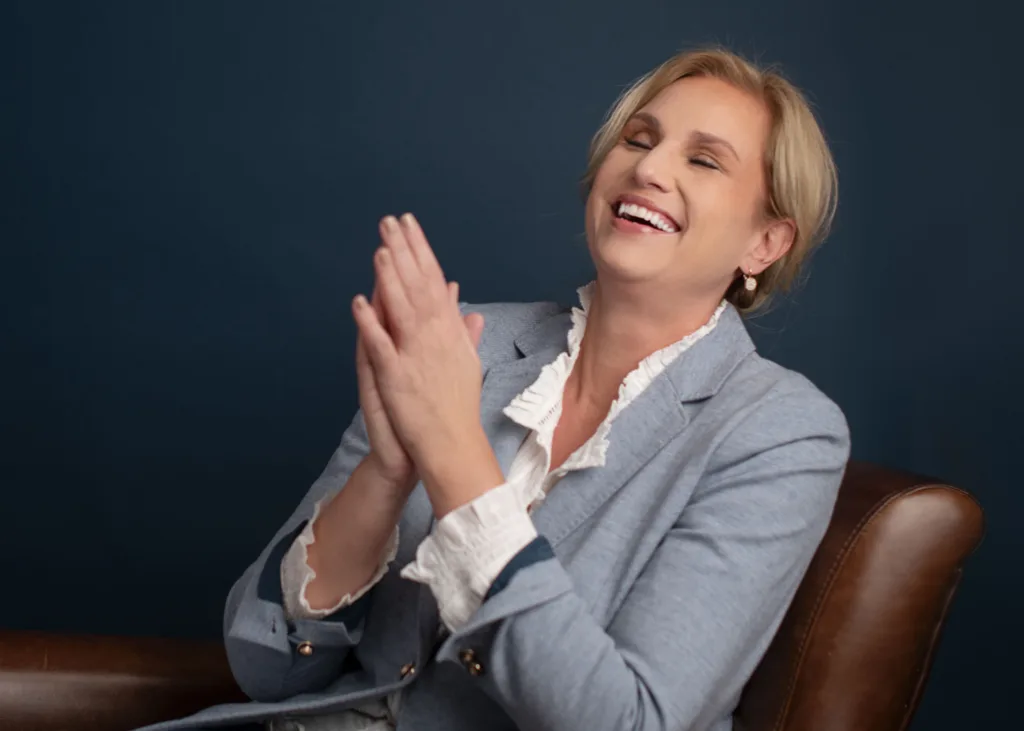
What is the biggest misunderstanding about addiction that you wish more people understood?
That addiction is a choice. It is not. It is a disease, often rooted in mental health struggles. My son had crushing anxiety and used drugs to escape the pain. Once he opened that door, it consumed him.
The most frustrating part for me as a mother was trying to find dual diagnosis treatment care that addressed both mental health and addiction. Very few places do. It is a systemic failure. We are treating symptoms, not the root causes. We need places in America like some in Europe, dual treatment, what addiction service providers need to focus on, it never comes alone, it is not a single thing to fix, it is not the flu.
You once said, “Don’t love them to death.” What does that mean to you now?
Addicts feel unloved. They hate themselves. They think they are beyond repair. But if you love them without boundaries, feed them, house them, let them use you, you enable their destruction.
It is a heartbreaking balance. I had to be the hard parent. I once took my 14-year-old son to the sheriff’s office when I caught him smoking pot. I begged them to scare him straight. They laughed, “It’s only weed.” And you know what, it mainly starts with “It’s only weed.” He stole everything he could. But I saw the path ahead. I lived in fear for years. I slept with my purse under my pillow and installed safes in the house. And still, I loved him. But I had to love him differently.

What advice would you give to parents going through this silently?
First, speak up. At a women’s leadership conference, I told my story in three minutes, and 15 people came up to me privately. Their kids were struggling too. Addiction touches everyone, but shame keeps it hidden. Parents, they are living with their pain alone. This is so sad. They have to share, they have to talk about it, and find groups that they feel comfortable in. It is a long journey, and they need to find their people.
Second, never stop fighting. If your child shows even a sliver of willingness to get help, push. Open the door for them and hold it open.
Third, be vigilant. The 25–29 age range is a danger zone. Many parents think, “They are adults now, they should manage it.” But addiction stunts emotional growth. My son was 26, but emotionally, he was still 16. That final relapse came after months of sobriety. I thought we were safe. We were not.
Do you think PVI became part of your grief work?
Yes, absolutely. You are right, I guess. It gave me a place to put my energy and intellect when I could not yet hold my grief. Building PVI was how I stayed afloat. It required full focus, and in doing so, allowed me to process the pain gradually.
Let’s talk about leadership. You’ve built a people-first business in a high-pressure industry. How do you balance empathy with accountability?
It is not easy. Biopharma is a performance-driven industry. Revenue, results, deadlines, those matter, because patients in need are at the end of all that. But people matter more. If your team does not feel seen and valued, the whole thing falls apart.
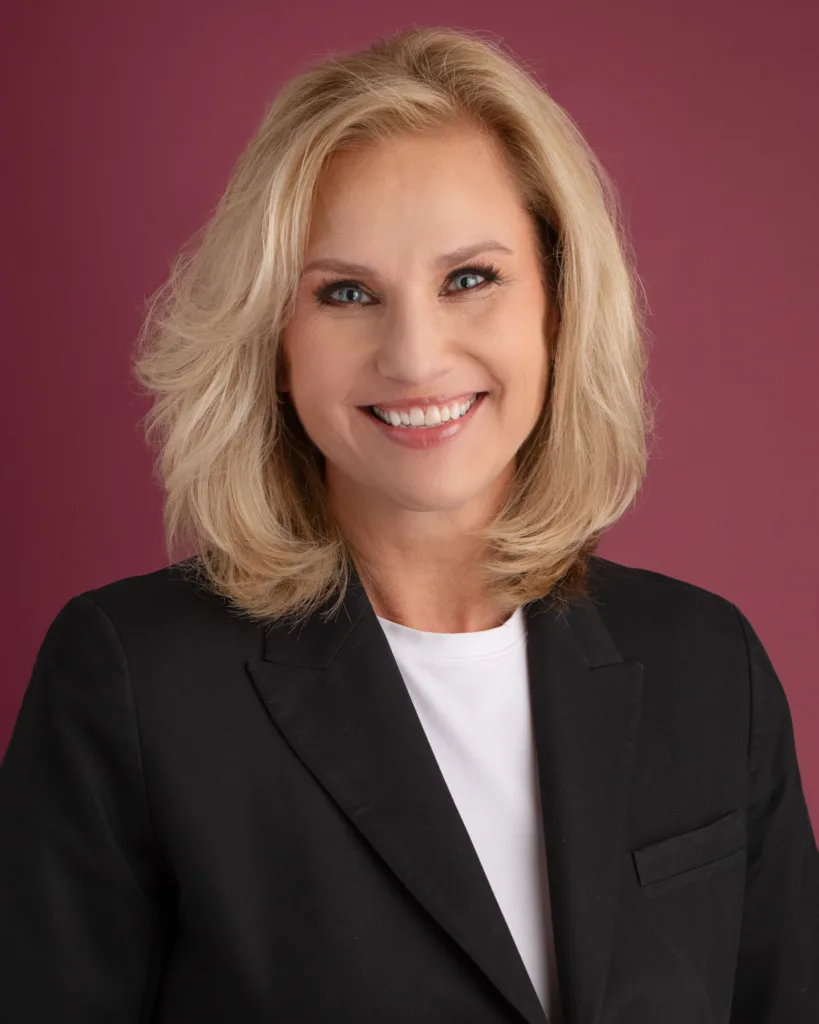
I try to create a culture that has soul. I remember what it felt like when I was grieving and my boss was absent. I will never be that kind of leader.
At PVI, we talk about “The PVI Way.” It is not just how we work, it is how we treat people. My team feels empowered. They feel like they belong. That is the foundation for performance.
Did your experience of grief and trauma change how you lead?
Completely. I used to be all business. Now, I am human first. I show up with tears, with vulnerability. If someone loses a dog, I care. That emotional honesty deepens trust and unlocks better relationships with clients and colleagues alike. Last week, I was speaking with one of my recent hires about her first 100 days. As she shared how she felt heard, seen, understood, and valued, she began to cry, and I cried with her. That moment reminded me of what a workplace should be. My past experiences, especially the difficult ones, became powerful examples of how not to lead. Sometimes, it is the negative experiences that help shape the vision of an ideal workplace.
What was the hardest part of leaving that toxic relationship with your previous boss?
Rebuilding self-trust. I had been gaslit for years, told I was not smart enough, did not work hard enough, that I did not understand finance, that I was not ready to lead. Even after I brought in almost 100% of the business, my offer to buy the company was rejected. I was stuck, financially, emotionally, and professionally. But after my son died, I knew I had to leave. I had to choose myself. It was full of unknowns. I was operating now without fear.. And, it was also the beginning of everything.
What is PVI? How would you describe your company’s work to someone unfamiliar with biotech?
PVI is a boutique consulting agency that supports pharmaceutical companies, especially during high-stakes pivot points. That could mean launching a new drug, navigating a merger, or building internal systems for scale.
We often work in rare diseases, helping teams get life-changing therapies to market. We help bridge the gap between innovation and access, so doctors can help patients faster.
We have completed over 140 projects since March 2022. This is just monumental production for a small agency. And, we are just getting started.
What is PVI’s company culture like?
We earned a 100% “Great Place to Work” score in 2024, which is almost unheard of for small businesses. I am incredibly proud of this achievement. We invest in our people, full benefits, 401(k) match, and flexibility. More importantly, we invest in trust and purpose. As I mentioned, people cry in our reviews, not from burnout, but because they feel seen. That is what matters.
Jennifer, congratulations, this is truly remarkable. What advice would you give to young women entering biotech?
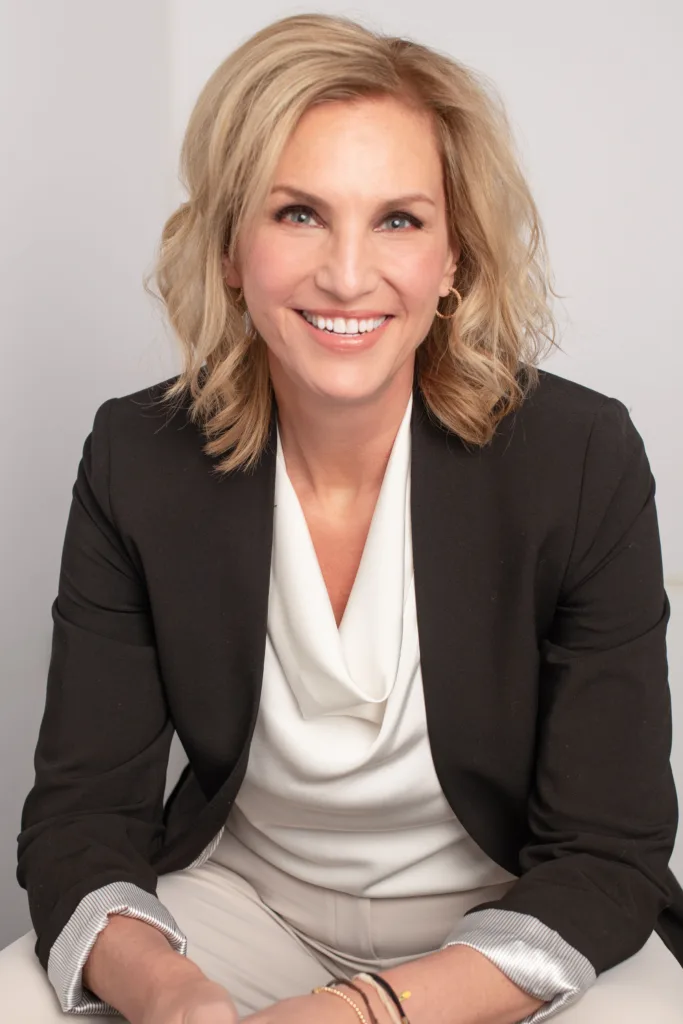
Do not stay where you are not growing. If you are not learning, move on.
Trust your instincts. Your gut is almost always right.
Stretch yourself. Take assignments outside your comfort zone.
Understand the whole business. Leaders cannot have narrow expertise.
Build a mentor network. Not just one mentor, many mentors. Join women’s associations like Women In Bio or HBA. The sisterhood in this industry is powerful.
Who is JJ outside of work? What brings you joy today?
Fitness is my medicine. Pilates, lifting weights, and cold plunges. I play golf and travel with my women’s golf group. I love dogs. I have fostered over 20. And I previously volunteered with CASA, advocating for kids in foster care. That work feeds my soul.
You are incredible! Let’s talk about some fun things from now on. The book you are currently reading?
Likeable Badass, How Women Get the Success They Deserve – by Alison Fragale, PhD – it was a gift from my new Chief Commercial Officer. The title speaks to me.
The TV show you are watching or have just finished?
Fauda – an Israeli series on Netflix anchored in the IDF and the Palestinian conflicts; intense and eye-opening with great characters.
The podcast you love to listen to when you need inspiration or grounding?
I am currently listening to Lead From the Heart with Mark Crowley. Continuous learning.
Your favorite place in the world, the one that fills your heart?
There is a spot around my pool on the property that I have lovingly rehabilitated, which has been the family home since 1966. I spent about 5 years total in the expansion and rebuild of the house, the pool build, the stonework, and the landscaping. It has been a labor of love, and it is a backyard oasis and my happy place under the umbrellas and in nature, or floating at night, looking up at the stars. It is where I spent months with the dogs just after Steven’s passing. I see the tree I planted for him, I see the hawks above my head, that tell me he is around. I hear the wind chimes sent to me by a woman who understood what I was going through. If it is not my backyard, it is on a golf course. And if it is not on a golf course, it’s Switzerland, with the soaring views, the grey cows with their big bells, the air that smells different, the lush, pristine green landscapes, the little villages, and secret spaces. I love it all.
Your favorite dish or dessert that always brings you comfort?
When I make palacsinta, it is like the Hungarian version of a crepe. It was a specialty of my grandmothers. Crepes filled with a cottage cheese, raisins, and walnut filling and sprinkled with powdered sugar. You have to heat them in the oven to get the crispy ends after they are assembled. Absolutely delicious and so so home. Every time I make them for friends and family, they are always impressed.
Your favorite quote or mantra you repeat to yourself when things get hard?
I have one on my desk that I look at every day. Each day, you have to make a decision. Will you give up, give in, or give it your all? I think you can probably guess that I always choose “GIVE IT YOUR ALL.” There is also the current year quote that I wrote for myself is Blow up 2025. Go big, or go home.
A song that always lifts your mood or gives you strength?
There are so many songs that speak to me, but Unstoppable by Sia is the one. “I put my armor on, I’ll show you that I am; I’m unstoppable, I’m a Porsche with no brakes, I’m invincible.” Just really powerful Female Ballad with great lyrics. I listen to it way too loudly in the car.
A woman who deeply inspires you, past or present?
Michele Franklin, who is a Sr VP at Merz Aesthetics. She has been a client for more than 15 years and a friend. She is the embodiment of heart-centered leadership. She is a giant in the aesthetics industry with a stellar reputation, which I admire. She acts with the utmost integrity. She is a fierce advocate of women. She is guided deeply by faith. She is an innovative leader and a big thinker. She is elegant and poised. She is gentle and powerful at the same time. She was so incredibly kind and generous to me during the time of the loss of my son. She prayed with me in a way I will never ever forget. Her integrity, her passion, her heart, and how she connects so authentically with people, they really are an inspiration for me. She challenges me to stretch myself. We are an awesome team together in business.

✱ If you liked this article, please share it with a friend who could use inspiration.
If you have a topic in mind or a story to share anonymously or with your name, email us at [email protected]

